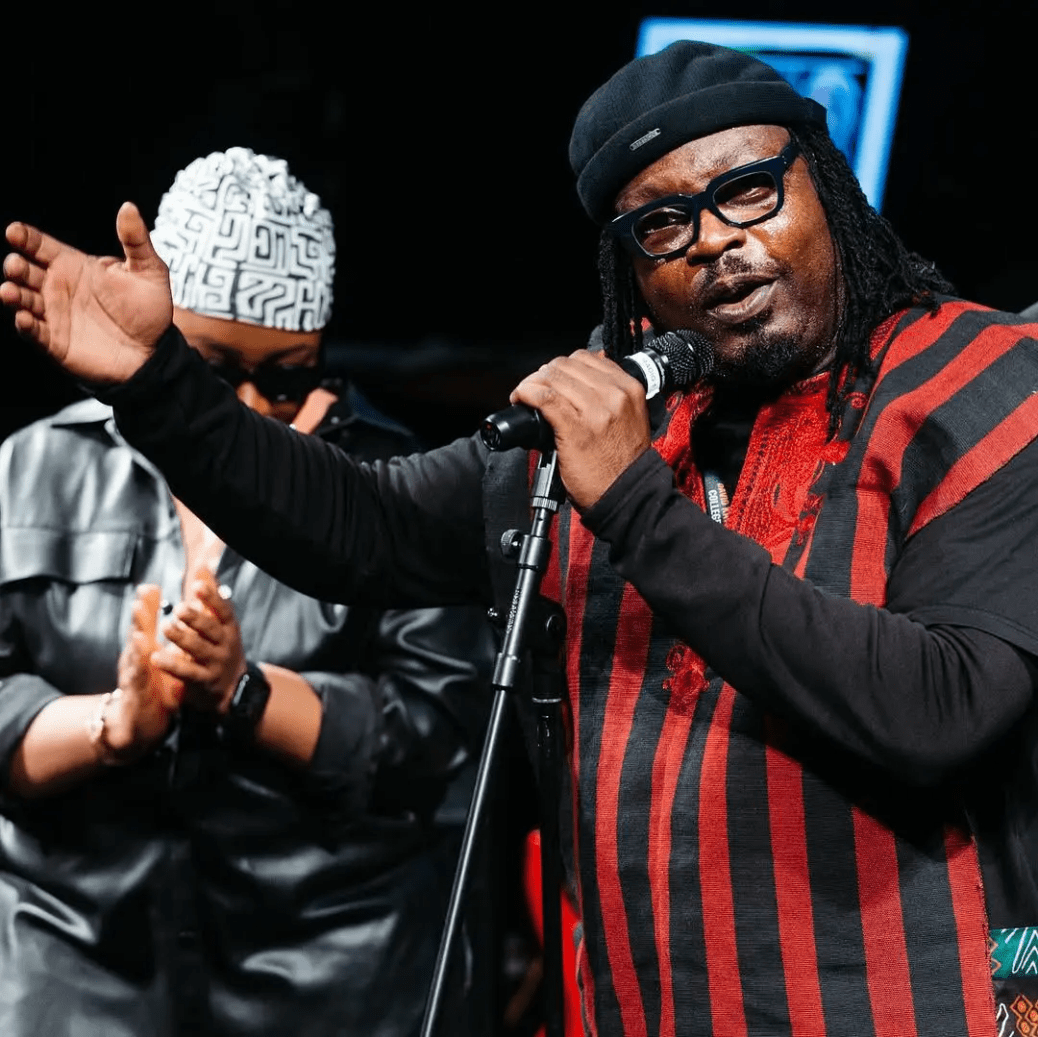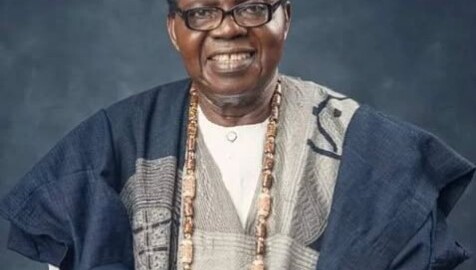In the midst of the growing economic challenges and public dissatisfaction in Nigeria, veteran musician Eedris Abdulkareem has publicly called out Seyi Tinubu, the son of Nigerian President Bola Ahmed Tinubu.
This comes after Seyi sparked controversy during a speech in Adamawa State on March 17, 2025, where he praised his father as “the greatest president in the history of Nigeria.” The comments quickly went viral, with many Nigerians expressing their discontent over the statement, given the current state of the nation.
Seyi’s speech, meant to defend his father’s leadership, only seemed to ignite more anger and frustration among the public, as they continue to face significant economic hardship and insecurity.
In his defense of his father, Seyi Tinubu emphasized that, despite widespread criticism, his father remained steadfast in his commitment to national progress.
“It was never politics, but they keep coming for me, they keep coming for my family, they keep coming for your father, and they keep coming for Asiwaju Bola Ahmed Tinubu, the greatest president in the history of Nigeria,” Seyi asserted.
He went further to claim that his father was the only leader who had genuinely considered the youth and created opportunities for them. “He is the only president that has kept your people at home, from when he was governor to when he became president, the only president that considers youths, the only president that created a platform for young people to fly,” he said.
Seyi also took it a step further, crediting his father with reshaping the nation’s economy in a way that he believes has benefited all Nigerians. “The only president that created an economy that has benefitted everybody, the only president that is not trying to enrich his own pocket,” he added.
This statement did not sit well with many Nigerians, who feel that the country’s economy has worsened under President Tinubu’s leadership, leading to widespread dissatisfaction across the nation.
While Seyi’s words were aimed at praising his father’s contributions, they instead seemed to further alienate citizens grappling with inflation, unemployment, and rising insecurity.
Responding to Seyi’s comments, Eedris Abdulkareem released a new song in which he blasted the president’s son for his apparent disconnect from the everyday struggles of Nigerians.
In the song, Abdulkareem urges Seyi to inform his father about the reality on the ground, saying, “Seyi, tell your papa country hard. Tell your papa people dey die. Tell your papa this one don pass jagajaga. Seyi, how far? I swear your papa no try. Too much empty promises.”
The song’s lyrics reflect the anger and frustration of many Nigerians who feel that their voices are ignored by those in power. Abdulkareem’s words are a direct challenge to Seyi’s portrayal of his father as a savior of the nation, calling attention to the grim reality faced by ordinary citizens.
The track also takes aim at the stark contrast between the elite’s experience and the hardships of the common man. Abdulkareem criticized Seyi’s privileged lifestyle, saying, “Seyi, try travel by road without your security make you feel the pains of fellow Nigerians. You dey fly private jets, insecurity no be your problem.”
This line highlights the widespread perception that those in power, including the political elite and their families, are disconnected from the security issues, economic struggles, and everyday dangers that millions of Nigerians face.
The message is clear: while Seyi enjoys a life of luxury and security, ordinary citizens are left to suffer the consequences of a leadership that seems indifferent to their struggles.
Abdulkareem’s sharp critique of Seyi Tinubu and his father’s administration underscores the growing tension between the ruling class and the Nigerian people. With his lyrics, the veteran musician aims to amplify the frustrations of Nigerians who feel abandoned and betrayed by their leaders.
The public response to both Seyi’s statements and Abdulkareem’s song indicates a deepening divide, as more citizens demand accountability and action to address the pressing issues of poverty, insecurity, and governance in the country.
The battle for the soul of Nigeria’s leadership continues, with music and public outcry playing an important role in shaping the national conversation.





